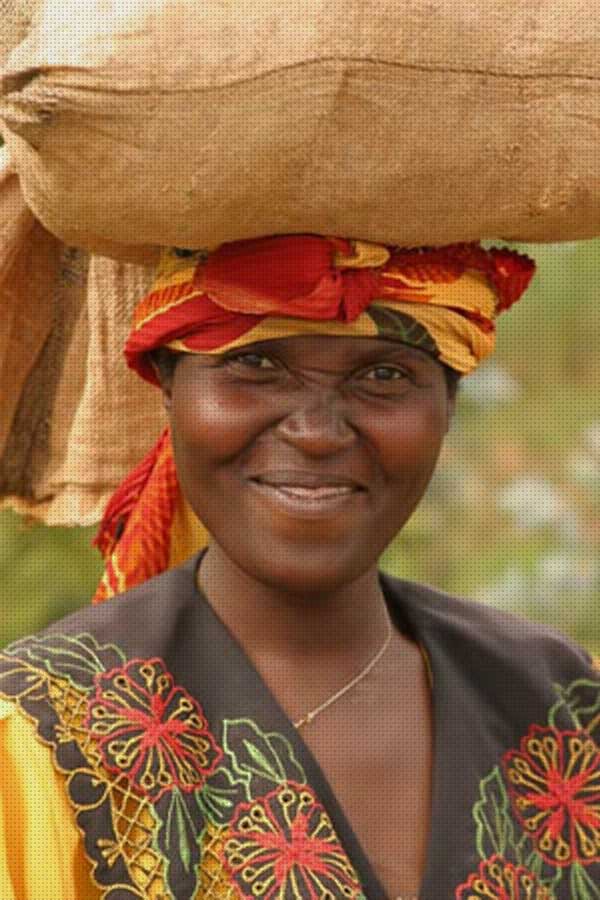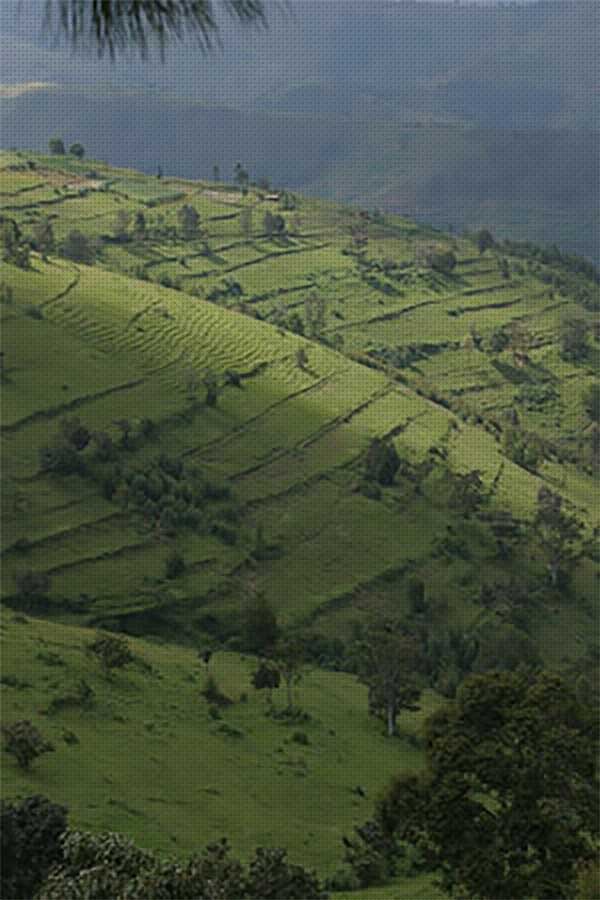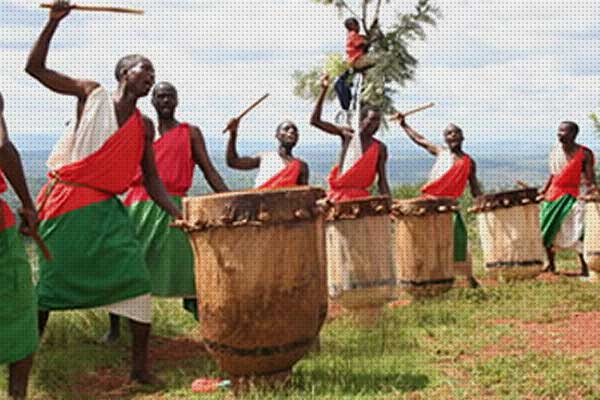Rwanda and Burundi
Our presence in Rwanda and Burundi
The arrival of Canadian Dominicans in Rwanda and Burundi dates back to 1960. It is contemporary – within a few years – with the arrival of French brothers in West Africa and Central Africa, Swiss brothers in eastern Zaire and American brothers in Kenya. This is the time when in many “mission countries” in Africa, new religious congregations were called to complete the actions of the first missionaries. In Rwanda and later in Burundi, as in other parts of Africa, the Dominicans are not invited to engage in activities of first evangelization, but rather to meet the needs of young Churches in full development. The apostolic fields of the Dominicans are insertion in the urban areas, a presence to the new elites, the pastoral work with the academic world, the formation of the clergy, the insertion in the media … This new Dominican presence in Africa is not related to the care of dioceses or apostolic vicariates as was the case for our brothers in Congo, South Africa and Nigeria
Dominican history in Rwanda and Burundi can be divided into four chapters, corresponding to various geographical locations: Butare (1960-1974); Kigali-Biryogo (1974-1990); Kigali-Kacyiru (1990- …) and Bujumbura (1973 …). Each stage of the Dominican presence in Rwanda is marked by a dominant apostolic project and a community lifestyle appropriate to this project, which gives them a well-defined image in the milieu. After a brief period of adaptation to the country, with various apostolic commitments, the Dominicans concentrate most of their energies from 1963 on the foundation of the National University of Rwanda in Butare, which becomes their major apostolat. When the brothers leave the convent of Butare to live in a small house in Biryogo, a popular district of Kigali, it is the Club RAFIKI, center of culture and leisure, which identifies them. Since 1990, following a community reorientation coinciding with the celebration of their 25 years of presence in the country, the Dominicans are then found in Kacyiru, an administrative and residential district, with a novitiate house, a public chapel and a meeting center called “Center St. Dominic “. The Dominican presence in Burundi, which began unexpectedly in 1973 with the arrival of a Rwandan refugee, is marked more by individual commitments. The recent construction of a house and the presence of a more stable team of some brothers should help to give a more accurate picture of the Dominican presence in this country.


To understand the history of the Order in this part of Africa, the socio-political context is very important. The arrival of the brothers in Rwanda in 1960 is at a time when the country is experiencing strong social and ethnic tensions. Rwanda and Burundi gained their independence in 1962. Upon their arrival, the Dominicans are immersed in this social and political context. Other tragic “events” will follow in Rwanda, as in Burundi, especially in 1972-1973 and from 1990 onwards. And each time they will have repercussions on the life and commitment of the Dominicans in these two countries. Following these various events, projects are abandoned, expatriate brothers return to their country of origin, other brothers leave religious life and communities must be restructured and take new directions. The African brothers belonging to one or other of the two Hutu-Tutsi ethnic groups are marked by different socio-political “sensitivities”, which does not go without influencing the life of the communities. This will influence the inculturation of Dominican life in Rwanda and Burundi.
Another element that marks Dominican history in these countries is precisely a certain concern for Africanization and inculturation. It is not always easy to know whether this is a conscious and deliberate process or rather a reaction imposed by the pressure of events. From the first years of their presence, the Canadian brothers are considering the establishment of the Order and are recruiting Rwandan novices. In the various projects they undertake, they seek to ensure that responsibilities are taken over as quickly as possible by national executives (university, RAFIKI club, cooperative training center, etc.). For the moment, the head of the vicariate and the superiors of the two houses of Kigali and Bujumbura are African brothers. The problem of inculturation is at the heart of the research conducted by several brothers, who have already published numerous books and articles on both traditional culture and the current problems of the two countries.


